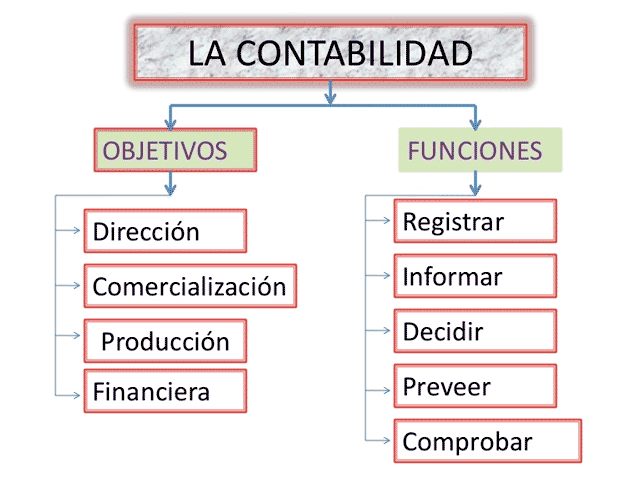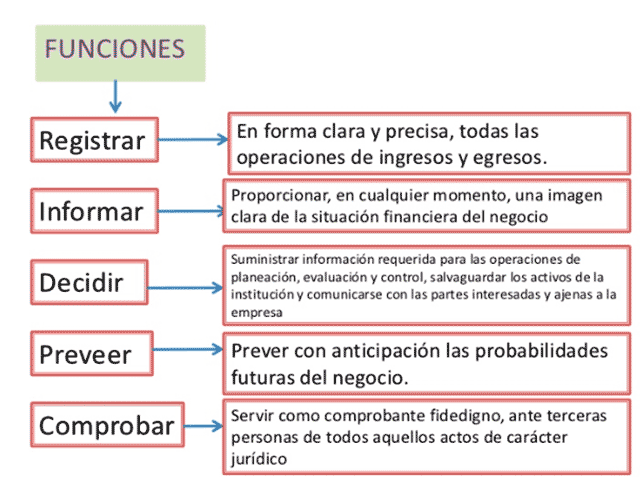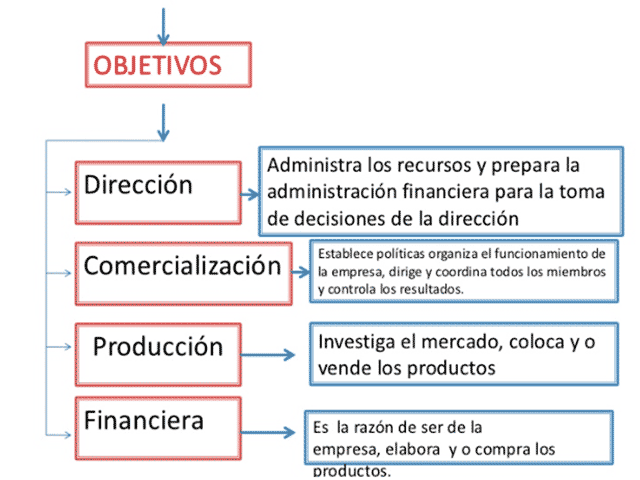The accounting objectives they have to do with what this discipline studies, since it is basically dedicated to studying the company’s assets and the way in which that assets evolve over the years, but specifically …
What are the objectives of accounting
The accounting objectives They are listed below based on the study of this discipline:
- Starting with accounting, the owner of the company can provide information to its administrators so that they can make decisions about the investments they need in the face of a specific demand.
- Make periodic comparisons based on accounting data in order to control resources.
- The objective of accounting is to acquire knowledge of the results generated by activities.
- Help to correctly comply with legal regulations.
- Generate information in order and in a systematic way on the financial and economic movements of the company.
- Registers all the movements of the company with income and expenses.
- Provides information in monetary terms on accounts with movement.
- Provides information on everything that managers need to control, evaluate, plan and safeguard the assets of the company.
- Its objective is to convert data into indicators that allow taking a specific action.
- Control, accumulate, classify and throw costs that are later classified according to processes, activities and behavior.
- Provides information for the control of operations at the administrative level.
The purposes of accounting
- Accounting is intended to be the priority to review to make good decisions, since from this it is possible to obtain information to carry out objectives that the company has proposed.
- The accounting system yields information that will be used by different users and clearly with different objectives.
- Accurately records all the operations carried out by the company throughout the fiscal year.
- Exactly shows the financial situation of the company.
- It is intended to make a clear review of the future of the company.
- It is a source of information to be presented to third parties with a probative force before the law.
Objectives of cost accounting
The accounting objectives Costs respond to analytical accounting that is responsible for accumulating information on costs in order to analyze, control, distribute and record the costs of distribution, production and financing.
In this way you can:
- Generate an evaluation on the management and provide non-financial and financial information in a clear way for decision-making.
- From this process it is possible to develop planning by applying specific techniques.
- Determines unit costs for inventory evaluation and management policies.
- Provides information to make profit decisions by showing the cost of sales or services.
Cost accounting has to do with the ease it provides to managers to analyze cost information and make decisions because it informs, calculates, analyzes and measures not only costs but also the execution and profitability of operations.
It helps the accountant to compare real costs with typical costs and from this he can analyze the reason for this difference, thanks to having recorded and synthesized the commercial or service costs so that the results are measured, controlled and interpreted.
This is an essential accounting tool for the administration of any company, since it gives you detailed knowledge about economic facts and, based on this, you can increase profits and reduce costs by having interpreted the results obtained.




